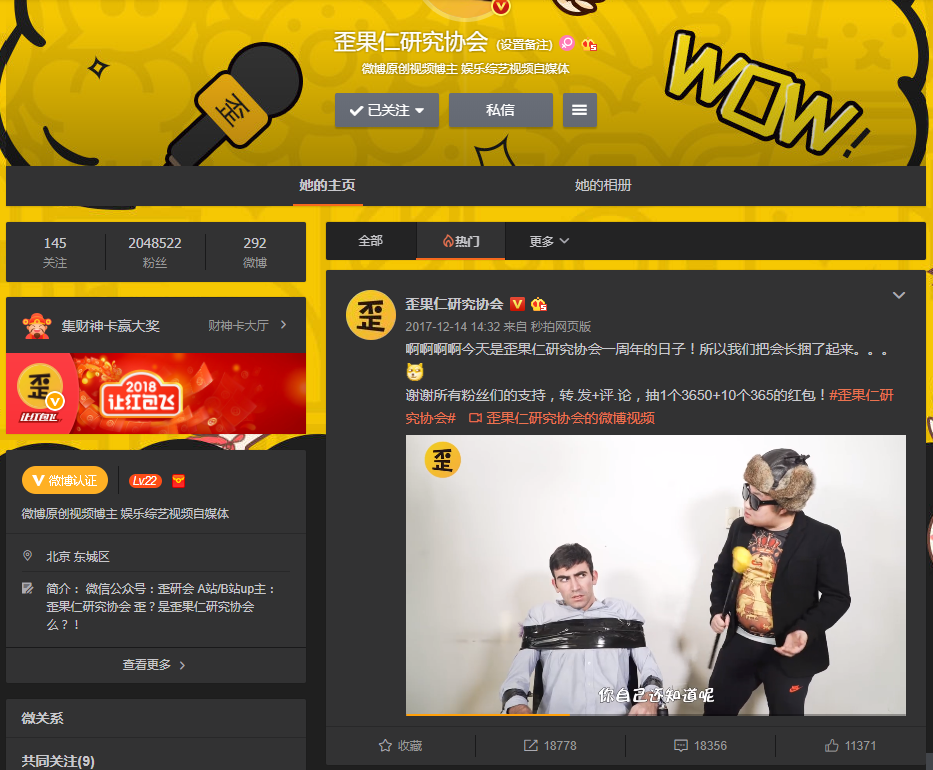Within the population of approximately 1.3 billion people in Republic of China, 803 million out of that population are active internet users, that is approximately 57.7% of the population. However, not all of these users have only one devices, account, or phone number. The popularization of internet and the digital space have created opportunities and loop holes for monetization. To name one, “Zombie fans 僵死粉 (jiangsifen)” directly translated from the Chinese term defining fake followers is becoming one of the most frequently seen accounts on social media. There have been numerous opportunities created for the popularization of these marketing strategies for influencers, public figures, and businesses to bring brand awareness in the cyberspace. This topic comes in a variety of forms and types where this article will first begin categorizing each form by understanding each type of accounts first, and how it is being monetized secondly.

Types of Accounts
There have been numerous and additional accounts created on social media to support some marketing strategies and provide false numbers or data. There are approximately 446 million active users on the social platform named Weibo in China, established by the business, Sina. In the recent debut of Cai Xukun, a popular male idol in mainland China, released his new music video called “Pull Up” on his Weibo account.
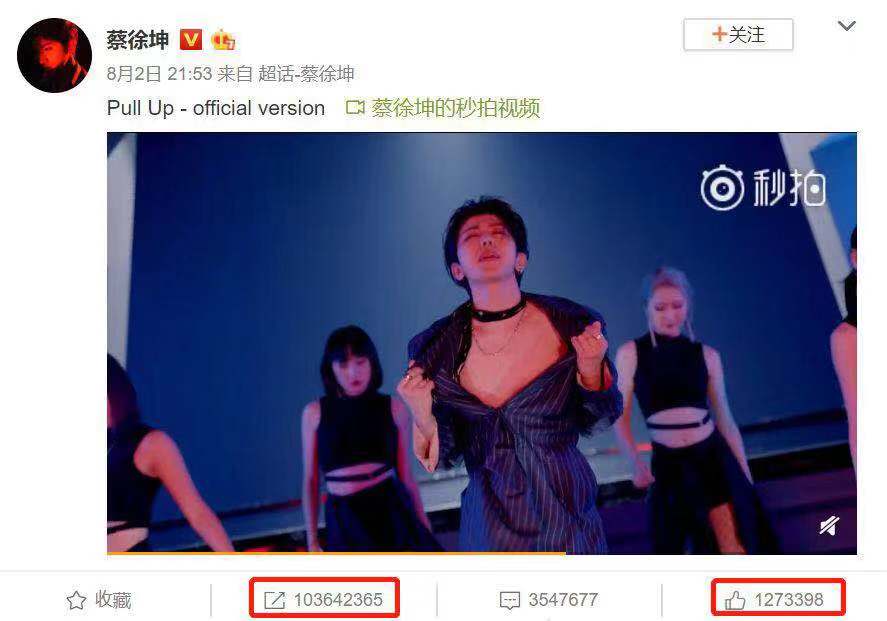
Within nearly one week since posting, there has already been 100 million shares, but only 1.2 million likes. By the regulations of Weibo, each users can like a post once, but endlessly share the post. The numbers of share is nearly 100 times more than the likes, and means at least 1/3 of the active users on Weibo have shared the post or each users who have liked the post shared the post 100 times. It is possible for this phenomenon to occur, but the possibilities are rare.
This procedure or marketing strategy is often completed by employing “Water army 水军 (shuijun)”. Internet water army is a group of fake accounts created by real users to monetize their account by botting, to agencies, public figures or influencers to produce an impact in the cyberspace, often a viral effect.
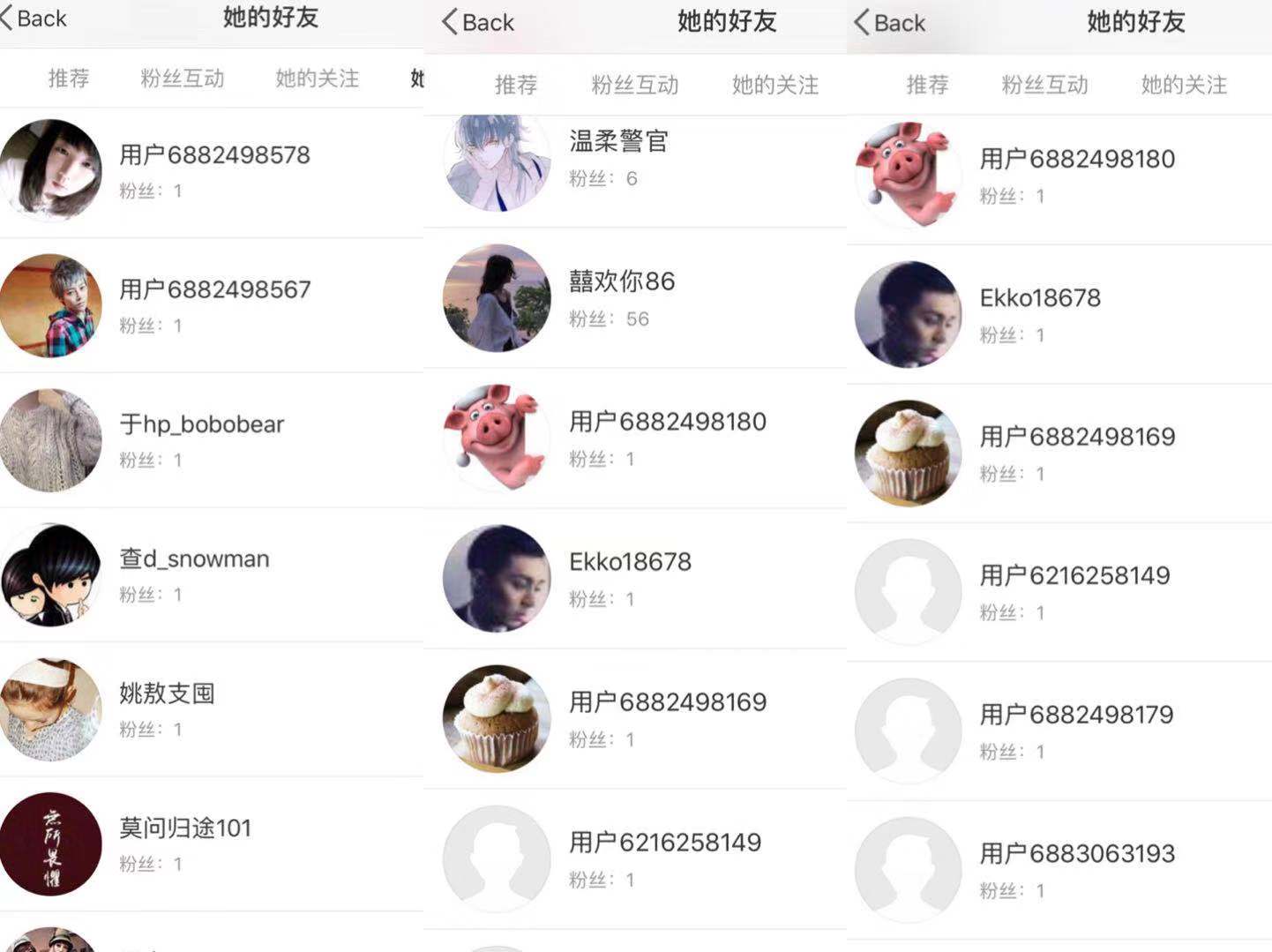
The second type of account was noted previously called Zombie fans 僵死粉 (jiangsifen), and in simple terms, these are fake accounts that can act as followers to a specific account. There are cases where internet influencers may resort to employing zombie fans to seemingly have a large fan base to produce a warrant for quality, leading to an attraction for organic followers. For instance, account on YouTube have 1,000 followers and the other one has 100,000 followers, which account are you more likely to watch and subscribe to if the content is the exact same?

Using a real case example, a Weibo verified account by the public figure, Yao Chen, have 80 million followers on Weibo. However, if you take a look at the numbers of interactions on her postings, the numbers rarely reflect the number of followers.
Online Public Relations
Water army can provide a variety of services to monetize their accounts, this service is often assisted by a botting program. One of the most popular procedure is called “Buying traffic刷流量 (shualiuliang)”. Buying traffic can be done on different platforms, mostly on social platforms. The term in Chinese refers represents more than traffic, the term generally includes views and engagements buying, such as comments and shares. However, to look more in-depth, these the traffic buying can be utilized for numerous purposes. In the entertainment industry in China, scandals can deathly to a public figure’s reputation and image. Agencies for these public figures may strategically utilize Chinese bots to harm competing public figures or celebrities by producing the scandal or boosting existing scandals. Agencies can also utilize the Chinese bots to build positive reputation for their influencers or celebrities. Another strategies agency may do is produce a script then employing Chinese bots to repeatedly post the script on multiple platforms.
Employment of Water Army
Water army is arising to the entertainment and digital market for public figures, the sizable market of online public relation is growing at a rapid speed. Any users in China can simply search Water army on any search engine can easily access to a large source of Water army agencies. Based on the different agencies employed, the pricing of services can vary. ChinaIRN have released an article of price listing of Water army from a random agency. There are two services, traffic buying and followers buying. The followers buying come with three different quality of followers. The higher the quality, the more active and realistic the account may seem to be.

As for engagements, there is a regular service and a high-quality service, the price different between the two defines the level of penetration to the target audience. Some users may be previously blocked for future content, causing the prices to be lower. High-quality engagements are produced by users are less likely to be blocked by others.
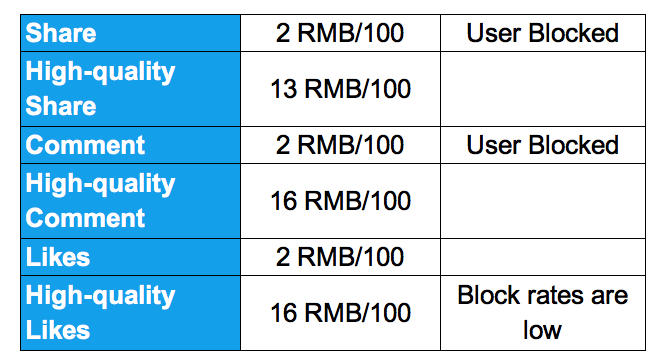
Another service listed on the article by the agency is the verification provided on Weibo to certain users, which leads to high rates of recommendations on the platform.

Kris Wu on iTunes
Kris Wu have officially released his new album called Antares on all music platforms, such as iTunes on November 6th, 2018. In less than 24 hours after release, the new album have preoccupied the top 8 spots in the Top seller charts with 14,032,171 purchases on his “November Rain” song in United States. Many north American on iTunes were left awestruck seeing this result, questioning the accuracy of the charts as the users also questioned who Kris Wu was. On November 7th, iTunes cleared the digital sales on the charts for the album along with the unavailability of the album. Some have stated that the bots assist in purchasing the album or song, latter return and repeat in order to produce this large number.
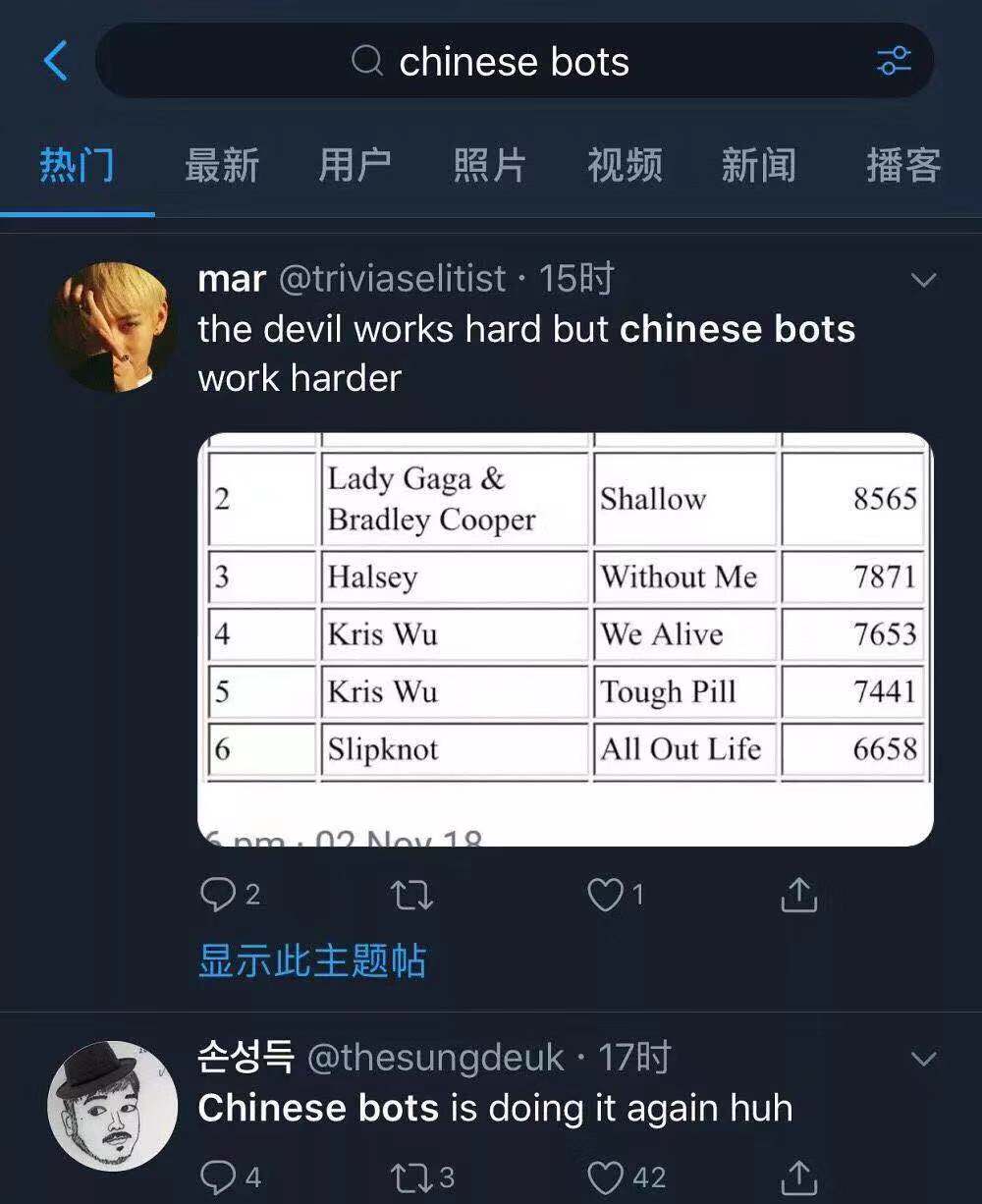

Legal Responsibilities
Rewinding to several years back, the regulations and policies on Water army were not maturely developed to be regulated and supervised. Many were utilizing this act to produce false scandals and rumors harming others of reputation. However, with the progress of continuous effort to improve the system, the government have China have greater supervision and control over the cyberspace in China and charges against actions completed in the digital spaces can be rightfully deemed valid. For example, any false accusations against personnel shared over 500 times can be charged against for consequences according to the National Criminal Law of Republic of China. The government also have partnered with large social platforms to work against Water army. On Weibo, users are not permitted to submit any comments, shares, or likes without identity verifications. Additionally, the government Weibo have also banned over 1100 popular verified accounts involved with the Water army in December of 2018.
The entertainment and media industry in China are facing challenges with accurate identifications for quality. And the struggle to innovate a system to fight against falsifications of data and statistics in the cyberspace continues.



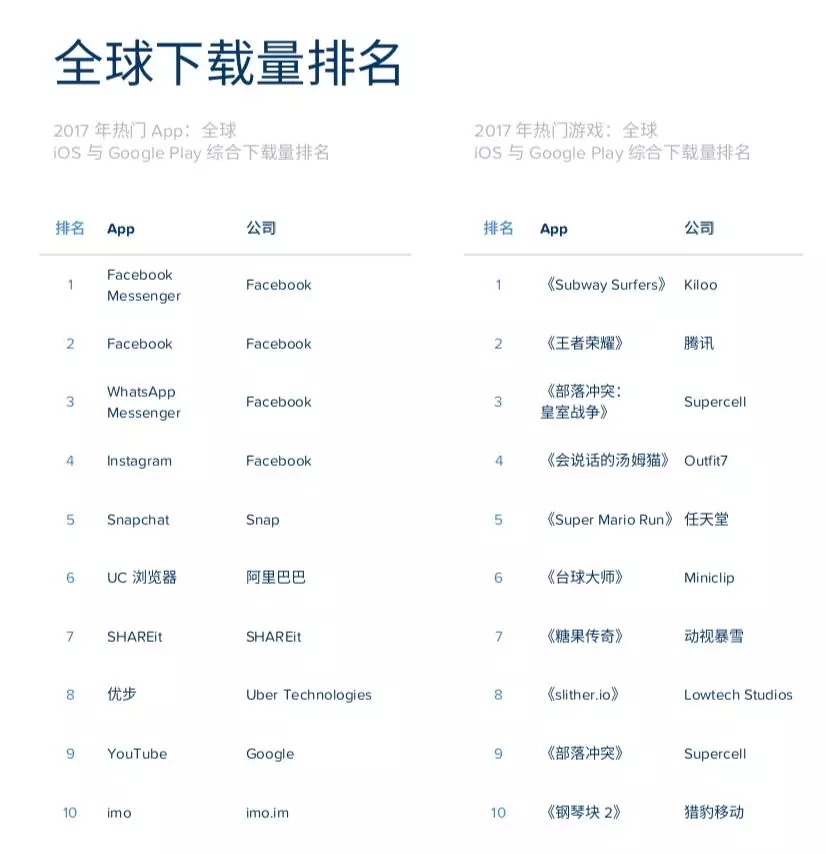
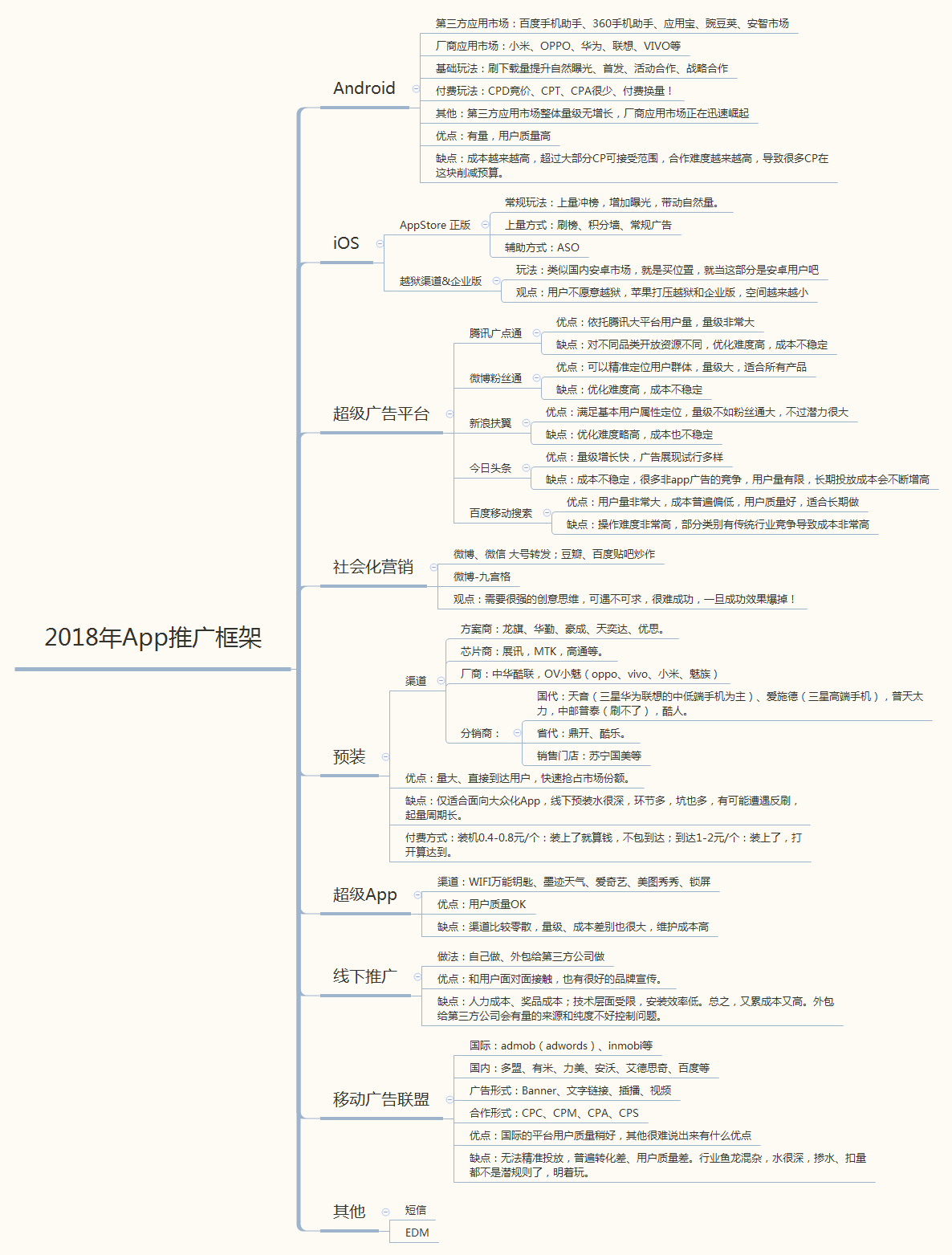
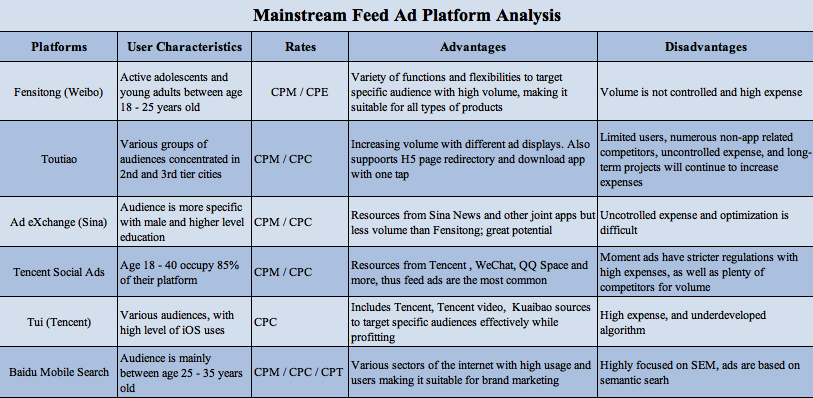
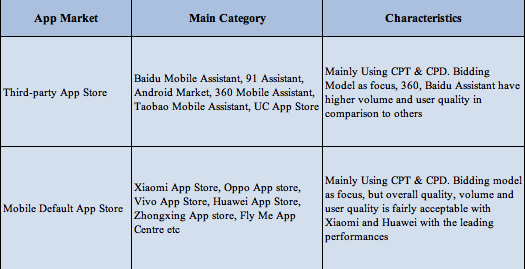
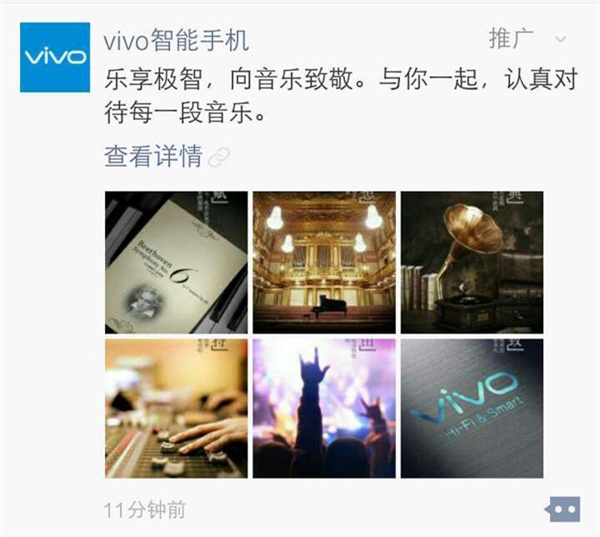


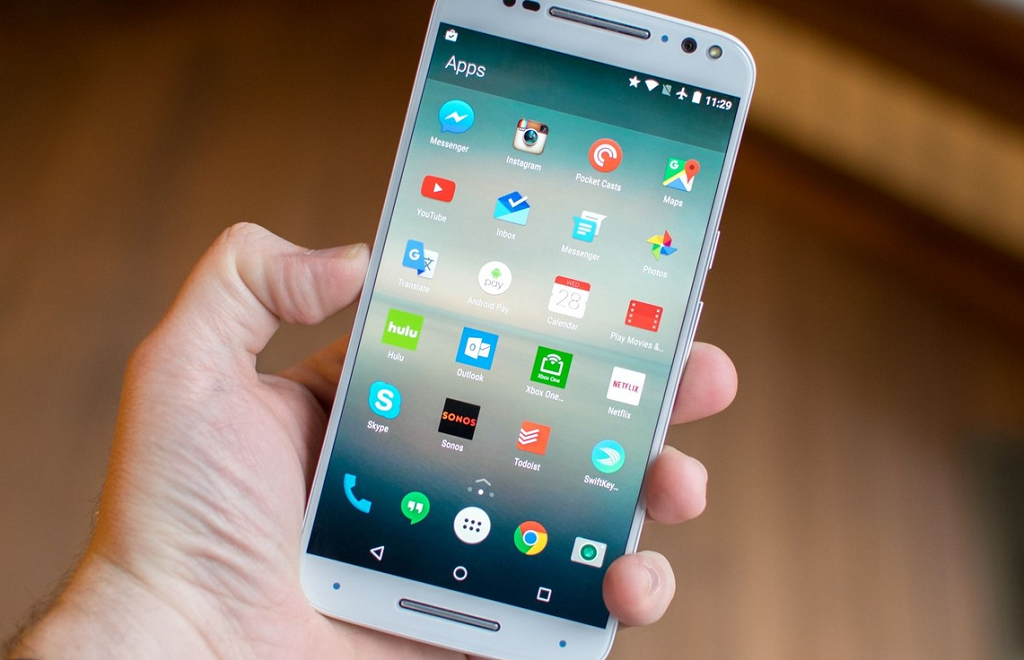



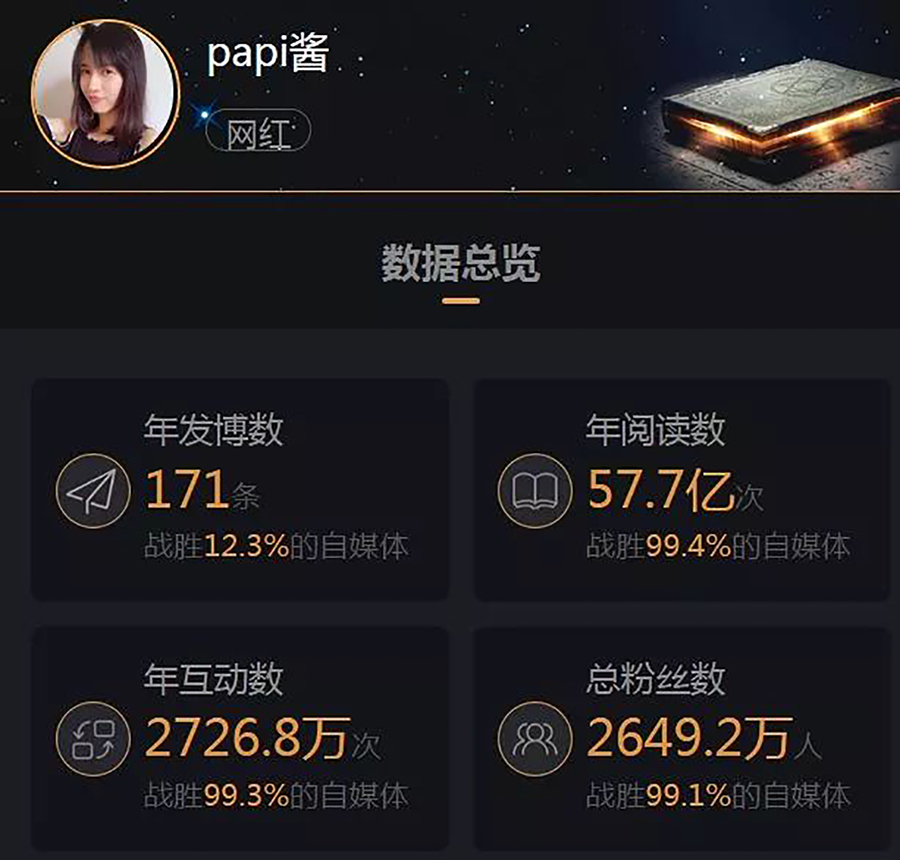








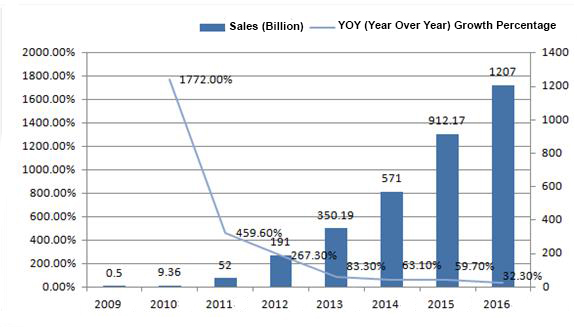








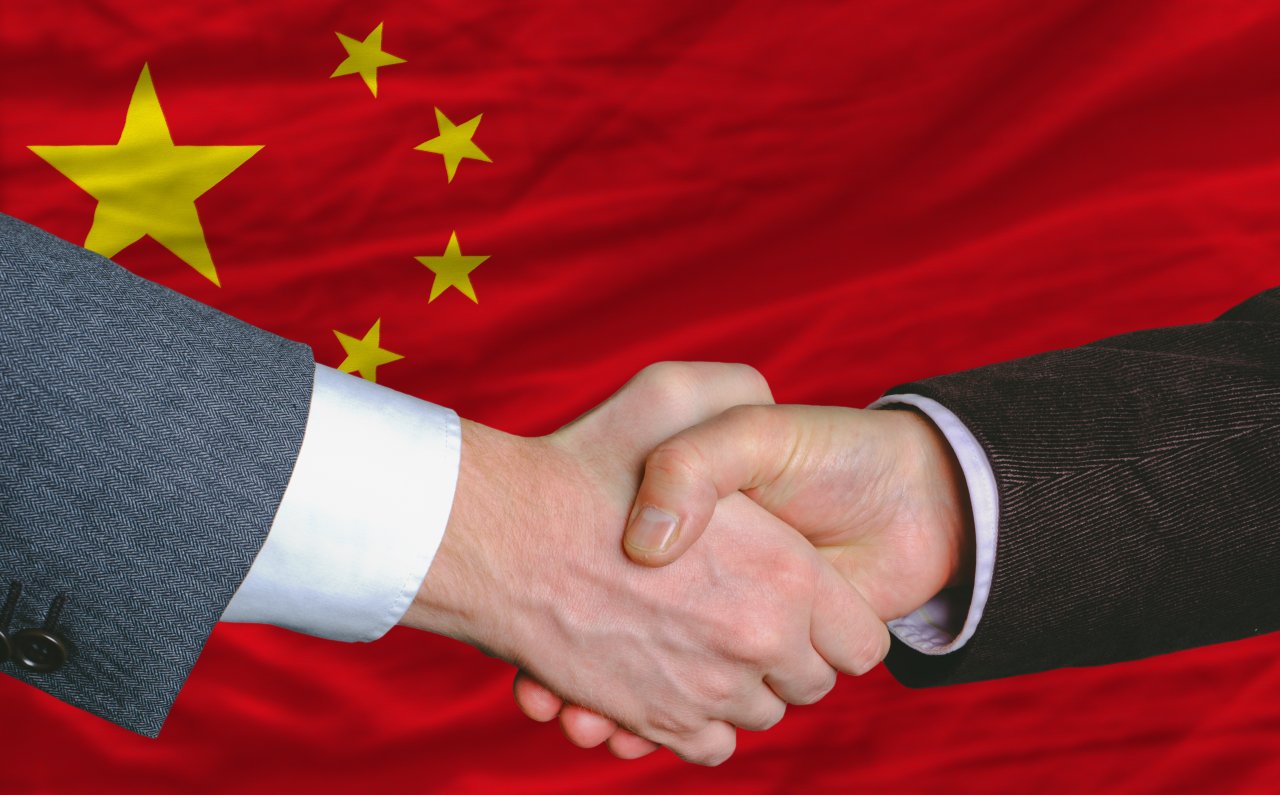












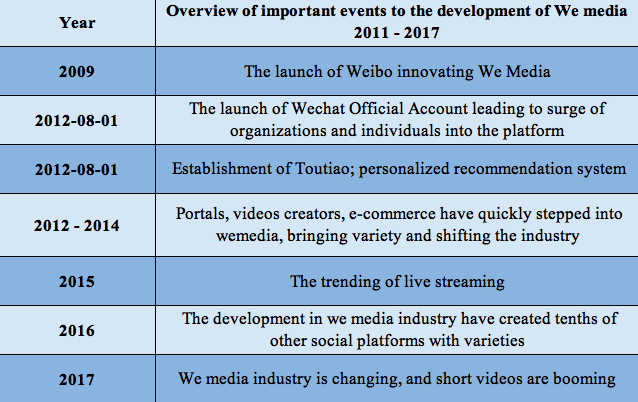
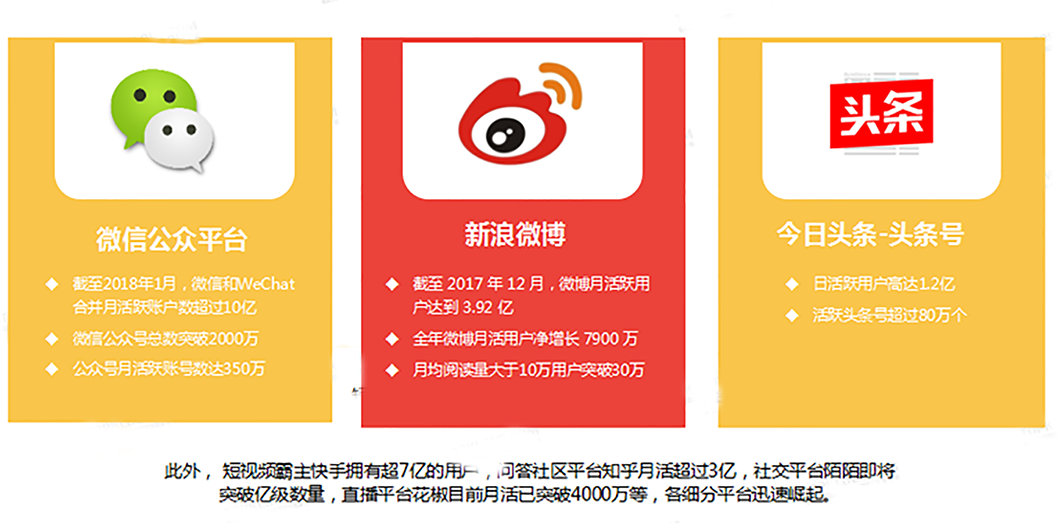

 The second type of sponsorship is based on platforms advertising such as Wechat, Toutiao, 163, Sohu and more for self-advertising. These platforms have their own algorithm to calculate the amount of user traffic, CTR, engagement and more with the account used to be commissioned.
The second type of sponsorship is based on platforms advertising such as Wechat, Toutiao, 163, Sohu and more for self-advertising. These platforms have their own algorithm to calculate the amount of user traffic, CTR, engagement and more with the account used to be commissioned.

























